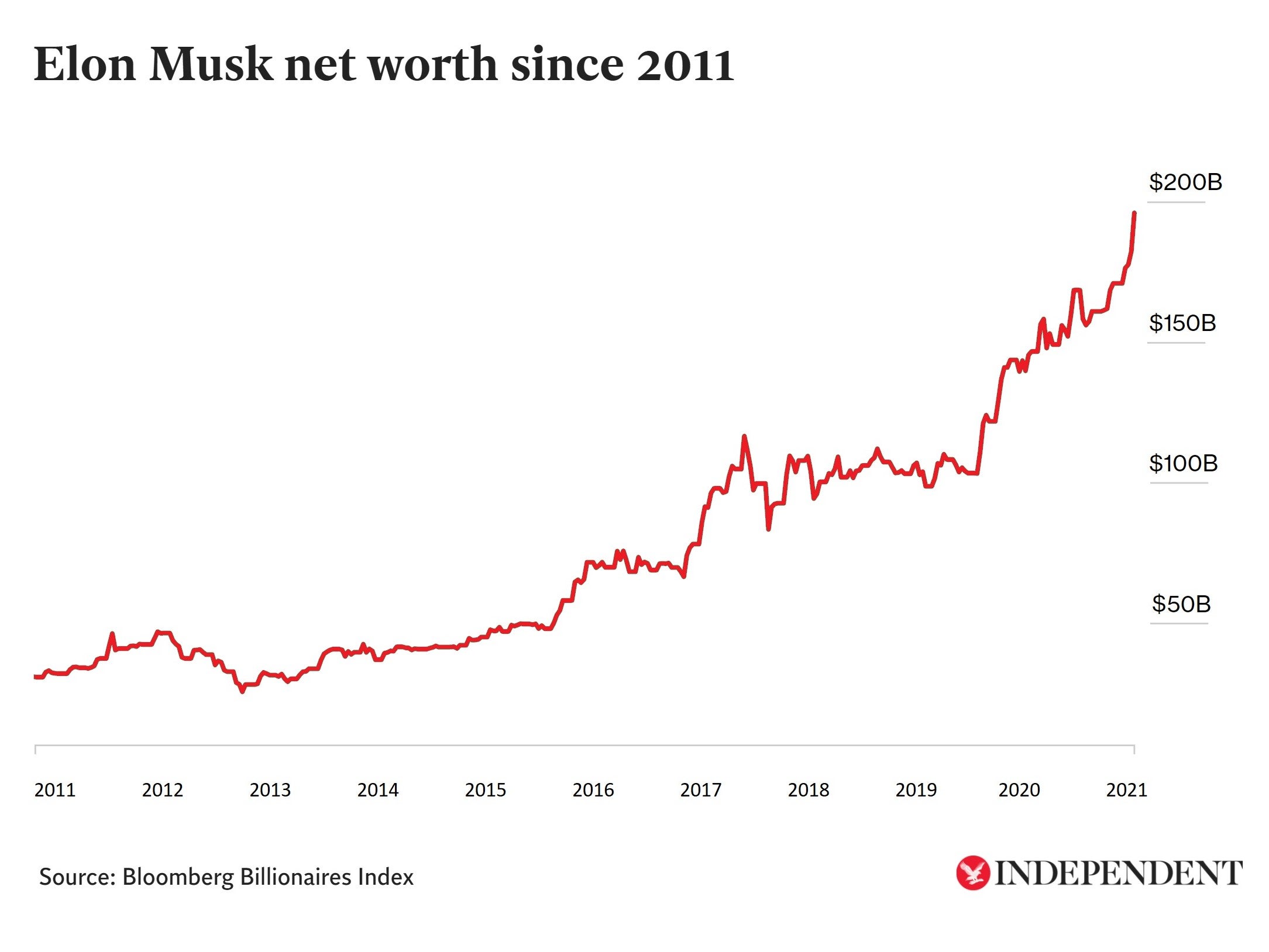The Value Of Middle Managers: Bridging The Gap Between Leadership And Employees

Table of Contents
Facilitating Communication and Information Flow
Middle managers act as a crucial communication link, translating complex strategies from upper management into actionable tasks for front-line employees. Without this vital translation layer, critical information can get lost in the shuffle, leading to confusion, errors, and ultimately, decreased productivity. Effective communication by middle managers is the cornerstone of a well-functioning organization.
- They clarify directives, ensuring everyone understands expectations. Ambiguous instructions from senior leadership are often clarified and contextualized by middle managers, ensuring that employees have a clear understanding of their roles and responsibilities. This reduces the risk of misinterpretations and wasted effort.
- They gather feedback from employees and relay it to senior leadership, preventing miscommunication and misunderstandings. Middle managers act as a vital conduit for upward communication, bringing employee concerns, suggestions, and challenges to the attention of senior management. This feedback loop is essential for ensuring that leadership decisions are informed and relevant.
- They facilitate upward and downward communication, fostering transparency and trust. Open communication flows both ways, allowing for a more collaborative and transparent work environment. This fosters trust between employees and management, leading to higher levels of engagement and motivation.
- Effective communication by middle management reduces errors and improves efficiency. Clear communication minimizes misunderstandings and ensures everyone is working towards the same goals, leading to a more efficient and productive workflow.
Mentoring and Developing Future Leaders
Middle managers often serve as mentors and coaches, playing a crucial role in employee development and leadership succession planning. Their experience and expertise provide invaluable on-the-job training and guidance for junior staff, fostering a culture of continuous learning and improvement. Investing in the development of middle managers also directly benefits the organization's talent pipeline.
- They identify high-potential employees and support their development. Middle managers are often in the best position to identify talented individuals within their teams and provide them with the support and opportunities they need to advance their careers.
- They provide regular feedback and performance reviews, helping employees grow professionally. Regular feedback and performance reviews are critical for employee growth. Middle managers provide this crucial support, helping employees understand their strengths and weaknesses and charting a path for improvement.
- They share their expertise and experience, fostering a culture of learning and development. Mentorship by experienced middle managers helps create a culture of continuous learning and improvement within the organization.
- They contribute to succession planning by grooming future leaders within the organization. By developing the skills and leadership potential of their team members, middle managers play a vital role in ensuring a strong pipeline of future leaders for the company.
Boosting Employee Morale and Engagement
Direct interaction with employees allows middle managers to address concerns, build rapport, and foster a positive work environment. Their role in creating a supportive and inclusive workplace culture is often underestimated, yet it's crucial for maintaining high employee morale and engagement.
- They create a sense of belonging and camaraderie within teams. Middle managers build strong team dynamics, fostering a sense of community and mutual support among team members.
- They recognize and reward employee contributions, boosting morale and motivation. Acknowledging and rewarding good work is essential for maintaining employee motivation. Middle managers are often the first to recognize and celebrate individual and team achievements.
- They address employee concerns promptly and effectively, preventing issues from escalating. Middle managers act as a buffer, addressing employee concerns before they escalate into larger problems. This proactive approach reduces stress and improves morale.
- They champion employee well-being, creating a supportive and inclusive workplace. By fostering a positive and supportive work environment, middle managers contribute significantly to employee well-being and job satisfaction.
Improving Operational Efficiency and Productivity
Middle managers play a key role in overseeing day-to-day operations, ensuring tasks are completed effectively and efficiently. Their involvement is crucial for optimizing workflows, improving project management, and driving overall productivity improvements.
- They monitor performance and identify areas for improvement. Middle managers are responsible for monitoring the performance of their teams and identifying areas where improvements can be made.
- They implement processes and procedures to streamline workflows. By implementing efficient processes and procedures, middle managers contribute to a smoother and more productive workflow.
- They delegate tasks effectively, optimizing resource allocation. Effective delegation is crucial for optimizing resource allocation and ensuring that tasks are completed efficiently.
- They ensure compliance with company policies and procedures. Middle managers play a key role in ensuring that company policies and procedures are followed, contributing to a well-run and compliant organization.
Conclusion
Middle managers are far from redundant; they are essential components of a successful organization. Their ability to bridge the gap between leadership and employees, fostering communication, mentorship, and operational efficiency, makes them invaluable assets. Investing in training and development for middle managers is crucial for improving overall organizational performance. Recognizing the true value of middle managers is key to creating a thriving and productive workplace. Don't underestimate the impact of effective middle management – invest in your middle managers today!

Featured Posts
-
 Trumps First 100 Days An Economic Analysis Of Elon Musks Net Worth
May 10, 2025
Trumps First 100 Days An Economic Analysis Of Elon Musks Net Worth
May 10, 2025 -
 The Effects Of Trumps Executive Orders On The Transgender Community Personal Stories
May 10, 2025
The Effects Of Trumps Executive Orders On The Transgender Community Personal Stories
May 10, 2025 -
 Romantiki Komenti Deite To Treiler Ton Materialists Me Ntakota Tzonson Pedro Paskal Kai Kris Evans
May 10, 2025
Romantiki Komenti Deite To Treiler Ton Materialists Me Ntakota Tzonson Pedro Paskal Kai Kris Evans
May 10, 2025 -
 Save On Elizabeth Arden Skincare At Walmart
May 10, 2025
Save On Elizabeth Arden Skincare At Walmart
May 10, 2025 -
 A Footballers Resilience From Wolves Rejection To European Dominance
May 10, 2025
A Footballers Resilience From Wolves Rejection To European Dominance
May 10, 2025
